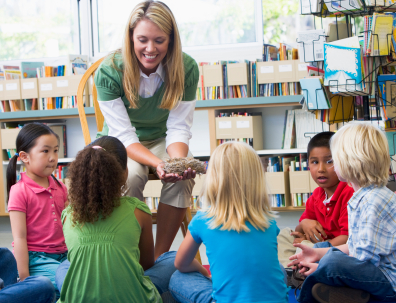 Instructional Practices Supporting Early Intervention or Preschool Special Education and Related Services in Inclusive Early Childhood Settings
Instructional Practices Supporting Early Intervention or Preschool Special Education and Related Services in Inclusive Early Childhood Settings
Instructional Practices Supporting Early Intervention or Preschool Special Education and Related Services In Inclusive Early Childhood Settings is the third session in the Preschool-Kindergarten NE/LRE Team Decision Making Module.
The module highlights best practice for effective decision making by:
- Extended IFSP and IEP teams in Maryland in selecting natural environments and least restrictive environment for children with disabilities, ages 3 through Kindergarten.
- Early childhood implementation teams to collaborate in providing early intervention or preschool special education and realted services to young children with disabilities in inclusive settings.
Resource
- Additional sessions in this module:
- NE/LRE Options
- Foundations for Inclusive Settings
The following topics are covered in this session:
Part I: Educational practices for all learners in early childhood settings
Developmentally Appropriate Practice (DAP)
- Keys to embedding DAP in early childhood settings
Universal Design
- Principles of universal design applied to early learning environments
- Universal design for learning
- Universally designed toys
Promoting the social and emotional development of all children
- Create a supportive social environment for forming friendships
- Facilitate opportunities for interactions with peers
- Prompt children to engage in positive social interaction
Part II: Specialized interventions for preschool children with disabilities
Embedded intervention
- Environmental adaptations
- Materials adaptations
- Task and instructional adaptations
- Routine adaptations
Focused social support
- Peer Supports
- Social Stories
- Positive Behavior Support


